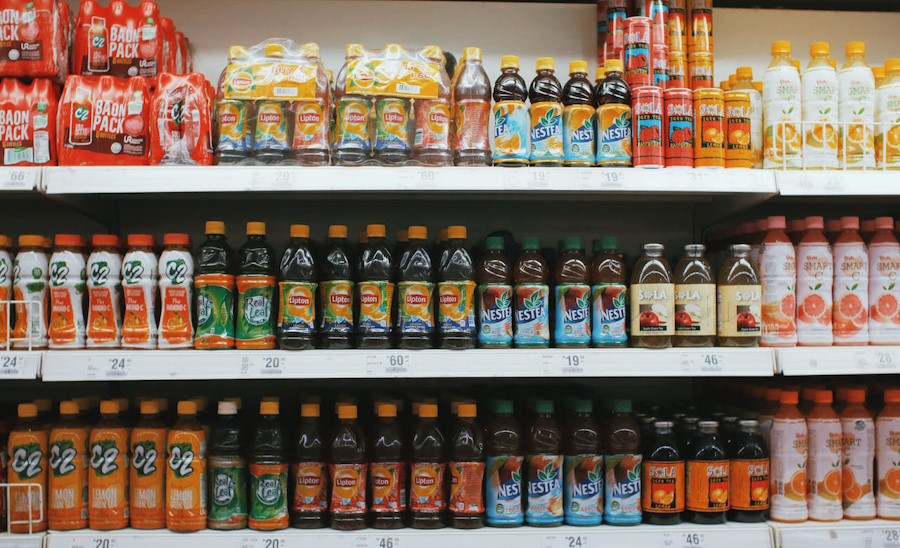The World Health Organization (WHO) has released new data that show most countries are not using taxes to discourage the consumption of unhealthy products such as alcohol and sugary sweetened beverages (SSBs). The data reveal that the global average of excise taxes on these products is low and that some countries even tax water, which is not recommended by WHO.
According to WHO, alcohol and SSBs are major risk factors for noncommunicable diseases such as cancers, diabetes and heart diseases, as well as for injuries and violence. The agency estimates that 2.6 million people die from drinking alcohol every year and over 8 million from an unhealthy diet. Taxing these products can help reduce their use and save lives, while also generating revenue for governments to provide public services.
WHO recommends that excise taxes should apply to all SSBs and alcoholic beverages, regardless of their type or brand3. A 2017 study shows that taxes that increase alcohol prices by 50% would help avert over 21 million deaths over 50 years and generate nearly US$17 trillion in additional revenues. This is equivalent to the total government revenue of eight of the world’s largest economies in one year.
Some countries have already implemented or increased taxes on alcohol and SSBs and have seen positive results. For example, Lithuania increased alcohol tax in 2017 and saw alcohol-related deaths drop from 23.4 per 100 000 people in 2016 to 18.1 per 100 000 people in 2018. The country also increased its alcohol tax revenue from 234 million euros in 2016 to 323 million euros in 2018.
A recent Gallup Poll, conducted in collaboration with WHO and Bloomberg Philanthropies, found that the majority of people surveyed across all countries supported increasing taxes on unhealthy products such as alcohol and SBBs.
To help support countries, WHO is also releasing a technical manual on alcohol tax policy and administration, which follows a suite of already existing tax manuals on tobacco and SSBs.

